Cognition involves all the mental processes we use to learn and understand. These include thinking, knowing, remembering, judging, and solving problems. Understanding the theories and factors that affect cognition helps us understand how our minds work. Let's explore the key ideas.
I. Understanding Cognition
Cognition is the mental activities involved in learning, storing, and using knowledge. These activities include attention, perception, memory, and decision-making.
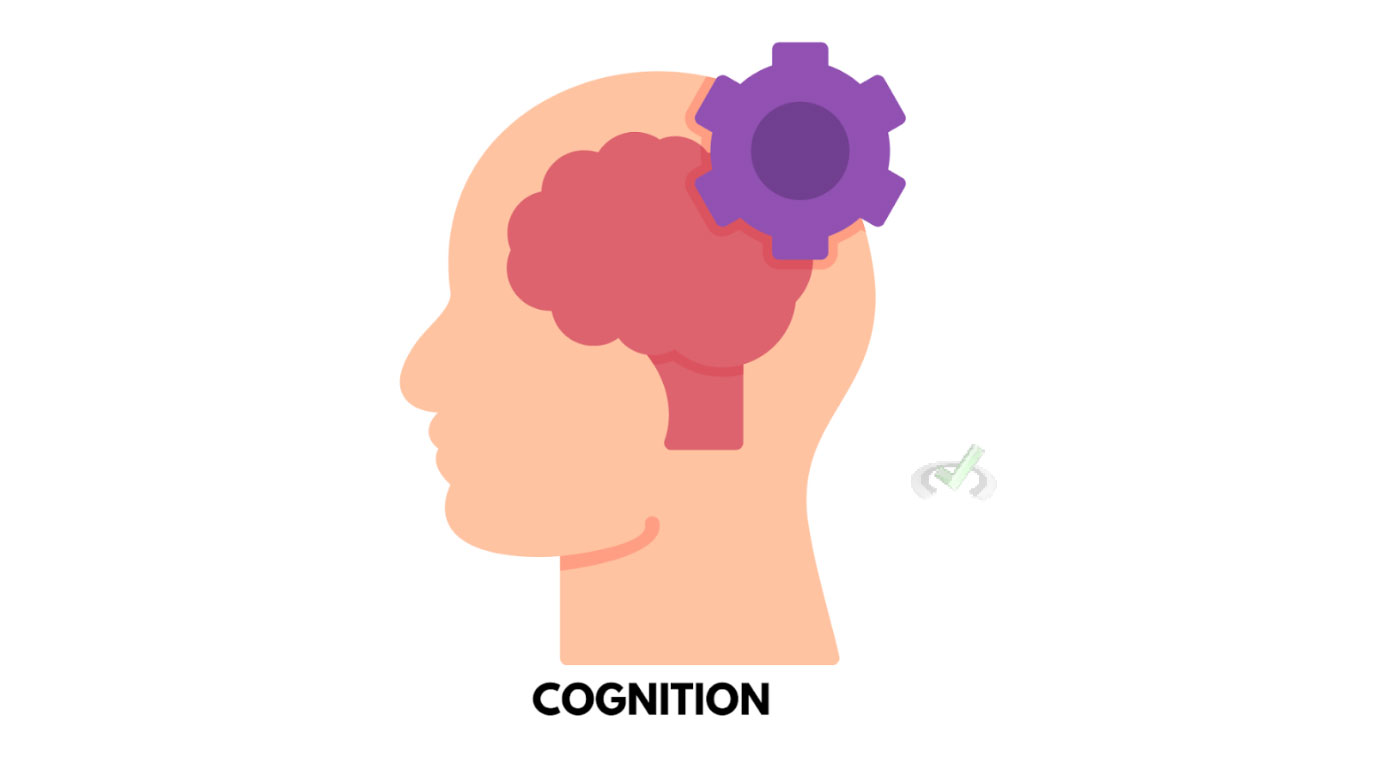
For example, when we choose what to eat, we use cognition to consider our options and decide. Cognition helps us navigate the world, solve problems, and make choices.
II. Theories of Cognition
Several theories explain how our cognitive processes work. These theories help us understand how we think and learn.
Information Processing Theory
The Information Processing Theory compares the mind to a computer. It suggests that our brains handle information in steps: encoding, storage, and retrieval.
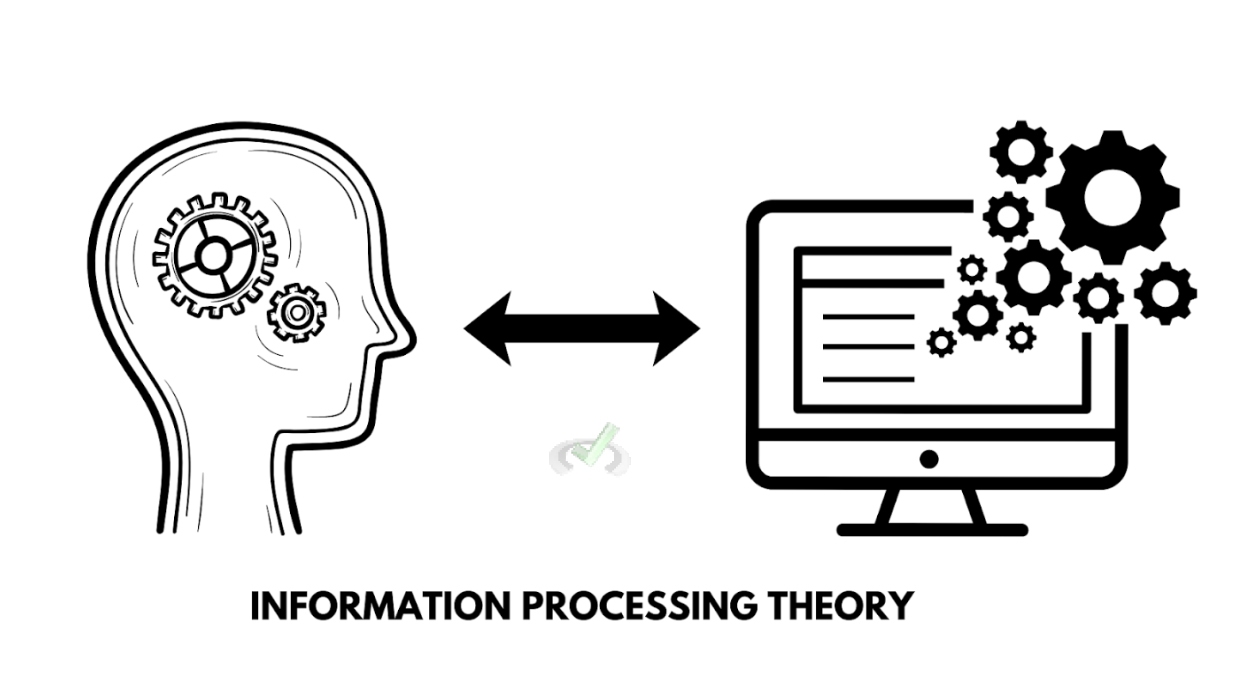
Encoding is how we take in information, like when we hear new words. Storage is how we keep this information. Retrieval is how we access it later, like remembering those words in a conversation. This theory explains how we remember and forget things.
Piaget's Theory of Cognitive Development
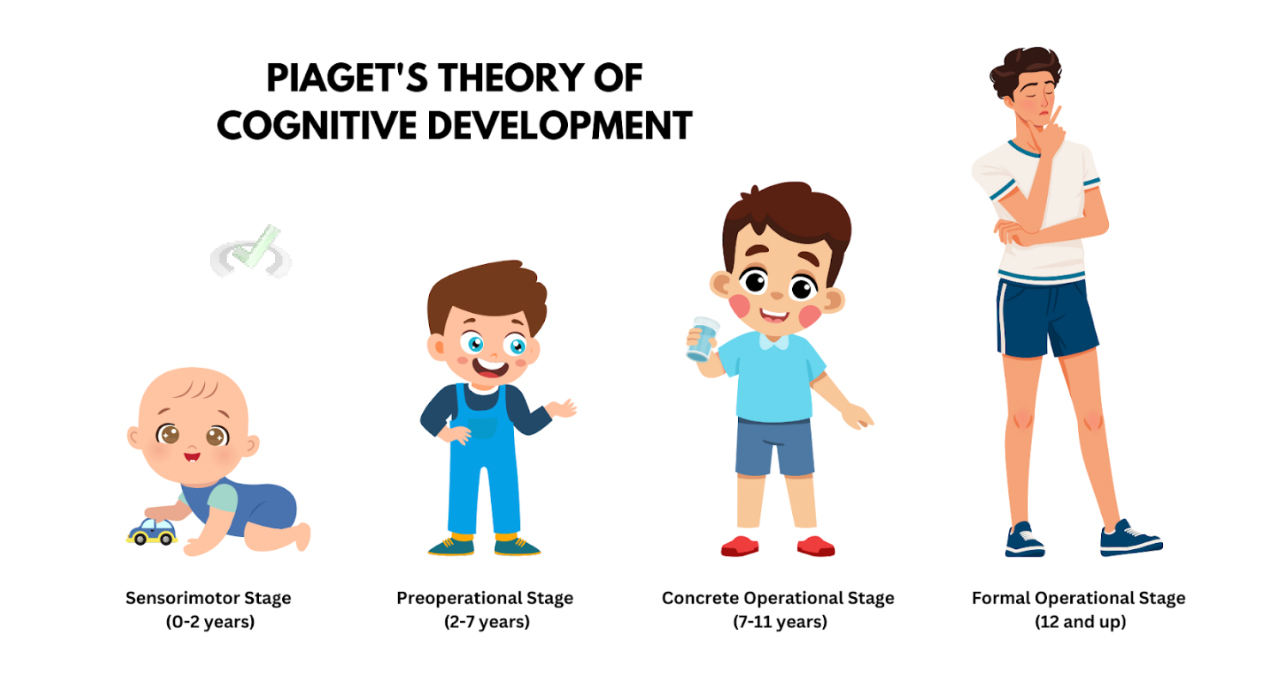
Jean Piaget proposed a theory about how children develop thinking skills. He identified four stages:
- Sensorimotor Stage (0-2 years): Babies learn about the world through their senses and actions. They start to understand object permanence, meaning objects exist even when not seen. For example, they know a toy is still there, even under a blanket.
- Preoperational Stage (2-7 years): Children begin to use language and think symbolically. However, they often struggle with understanding other people's viewpoints. This is called egocentrism. For instance, a child may not realize that others don't see what they see.
- Concrete Operational Stage (7-11 years): Kids think logically about real events. They understand the concept of conservation, knowing that changing the shape of an object doesn't change its amount. For example, understanding that water in a tall glass is the same amount as when poured into a short glass.
- Formal Operational Stage (12 and up): Adolescents develop the capacity to think abstractly and reason about hypothetical situations. They can consider "what if" scenarios and think about different possibilities.
Vygotsky's Sociocultural Theory
Lev Vygotsky believed that social interactions are crucial for cognitive development. According to his Sociocultural Theory, children learn through interplay with more knowledgeable others, like parents, teachers, and peers.
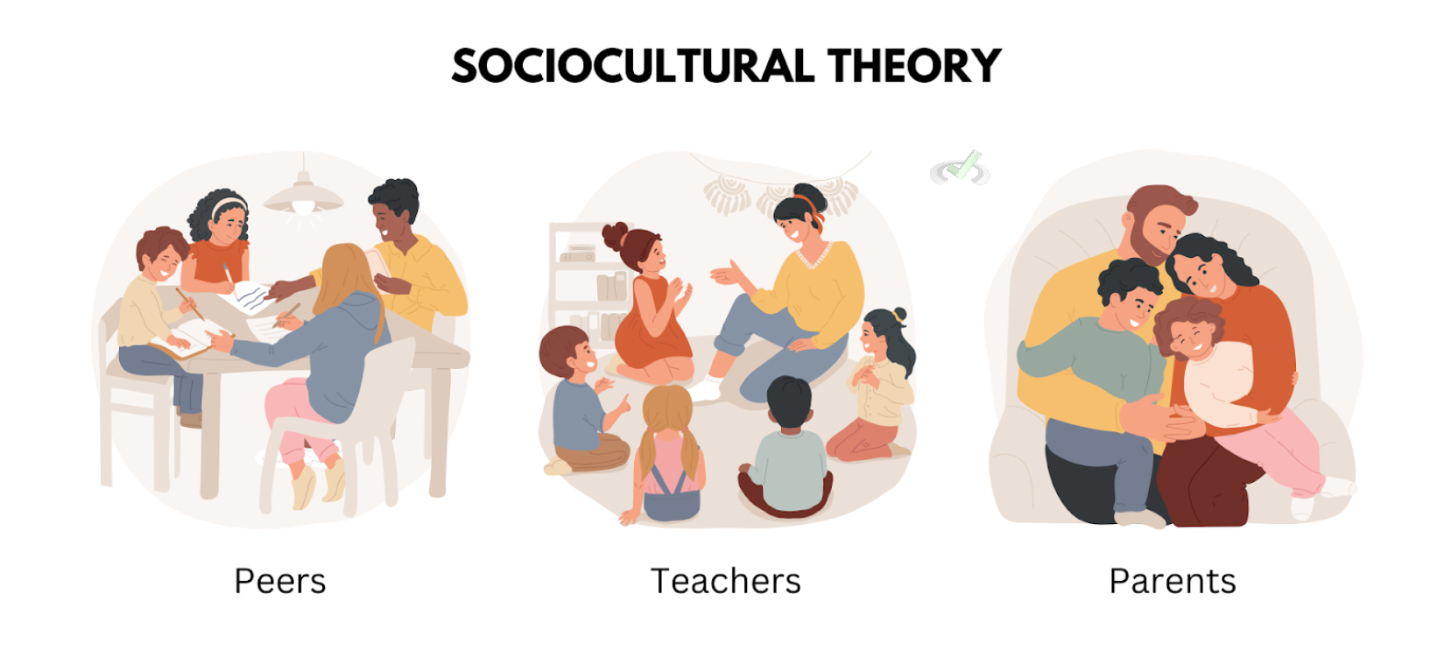
He instigated the Zone of Proximal Development (ZPD) concept, which refers to the gap between what a learner can do alone and what they can achieve with help.
For example, a child might struggle with a puzzle alone but can do it with hints from an adult. This support from an adult is called "scaffolding."
III. Influencing Factors on Cognition
Several factors can influence cognitive processes. These factors can affect how we think, learn, and remember.
Attention
Attention is the ability to focus on specific information while ignoring other things. It is essential for learning and remembering.
For example, concentrating on a teacher's lesson helps us remember the information later. There are different types of attention.
Selective attention is focusing on one thing. Meanwhile, ignoring others and sustaining attention means keeping focused over time.
Perception
Perception is how we understand sensory information to make sense of the world. It involves recognizing and organizing information from our senses, like sight and hearing. For example, we use perception to identify objects and understand what we see and hear, like recognizing a friend's face in a crowd.
Memory
Memory plays a vital role in cognition. It involves storing and retrieving information.
Memory can be affected by different factors, like stress, age, and sleep. There are different types of memory:
- Working Memory: Holds information temporarily for processing, like remembering a phone number long enough to dial it.
- Long-Term Memory: Stores information for long periods, from days to a lifetime, like remembering your birthday or a favorite song.
Language
Language is a critical part of cognition. It allows us to communicate, think, and express ideas. Language development is directly linked to cognitive development.
It helps us understand and describe our thoughts. For example, learning new words can help us think about and discuss new concepts.
Emotion
Emotions can significantly impact cognition. For example, stress can impair memory and decision-making.
Positive emotions can enhance creativity and problem-solving. When we feel anxious, focusing and remembering things can be harder.
Culture
Culture influences how we think and perceive the world. It affects our beliefs, values, and how we process information.
For example, cultural background can shape how we approach problems and interact with others. This includes valuing group harmony versus individual success.
IV. Bridge/Overlap
The study of cognition connects with various fields and other psychological concepts.
Cognitive Psychology
Cognitive psychology explores internal mental processes. It studies how people perceive, think, remember, and learn.
This field overlaps with cognitive theories and helps us understand how we process information. For example, it explains how attention and memory work together when studying for a test.
Educational Psychology
This field applies cognitive theories to teaching and learning. It looks at how students learn and what teaching methods are most effective. Concepts like the Zone of Proximal Development (ZPD) help teachers understand how to provide students with the right level of support.
Neuroscience
Neuroscience studies the brain and nervous system. It explores how brain structures and functions relate to cognitive processes like memory and attention.
Neuroimaging techniques allow scientists to see brain activity during cognitive tasks. Examples include Electroencephalography (EEG) and functional magnetic resonance imaging (fMRI). These techniques help us grasp how different parts of the brain work together.
Social Psychology
Social psychology examines how others influence people's thoughts, feelings, and behaviors.
Vygotsky's focus on social interaction in cognitive development ties in with social psychology's study of how we interact with others. This includes how group dynamics can affect decision-making.
Developmental Psychology
This field studies how people grow and change throughout life. It includes understanding how cognitive abilities develop from childhood to adulthood, as seen in Piaget's stages of cognitive development.
Developmental psychology also looks at how cognitive functions may change in older adults. This includes aspects like memory decline.
V. Wrap Up/Key Terms
Let's summarize the key points:
- Cognition: Mental processes involved in acquiring knowledge and understanding.
- Information Processing Theory: Compares the mind to a computer with steps like encoding, storage, and retrieval.
- Piaget's Theory of Cognitive Development: Describes four stages of cognitive development in children.
- Vygotsky's Sociocultural Theory: Discusses the role of social interaction in cognitive development.
- Attention: Focusing on specific information.
- Perception: Interpreting sensory information.
- Memory: Storing and retrieving information.
- Language: A tool for communication and thought.
- Emotion: Can affect cognitive processes.
- Culture: Influences thinking and perception.
VI. Practice
Test your understanding with these questions:
Sample Practice Question 1
What does the Information Processing Theory compare the mind to?
A. A computer
B. A book
C. A car
D. A camera
Ans. A
The Information Processing Theory compares the mind to a computer. It suggests that it processes information through encoding, storage, and retrieval.
Sample Practice Question 2
According to Piaget, what is a key development in the Concrete Operational Stage?
A. Use of abstract thinking
B. Understanding object permanence
C. Development of logical thinking about concrete events
D. Beginning of language use
Ans. C
In the Concrete Operational Stage, children develop the ability to think logically about concrete events and understand concepts like conservation.

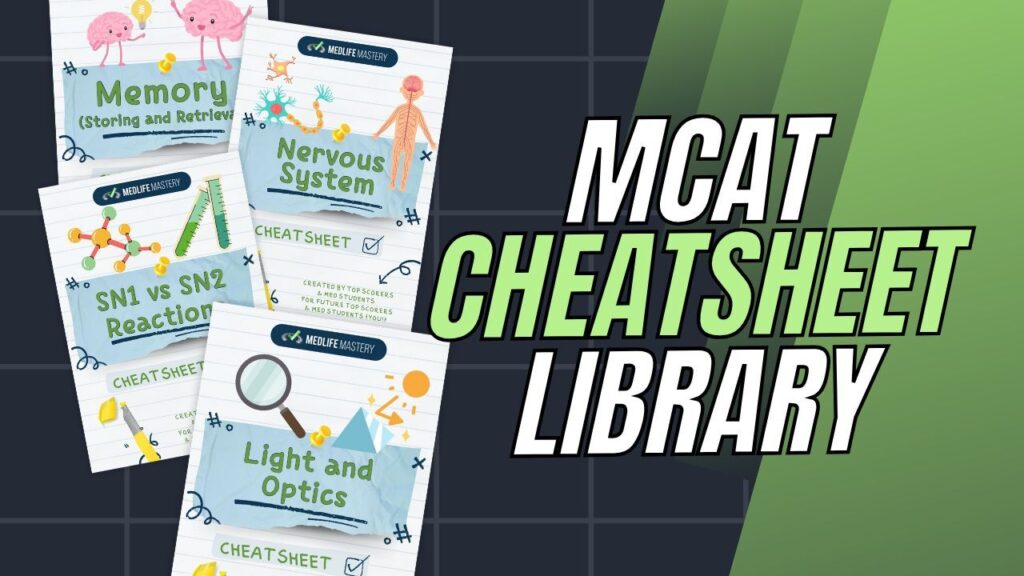



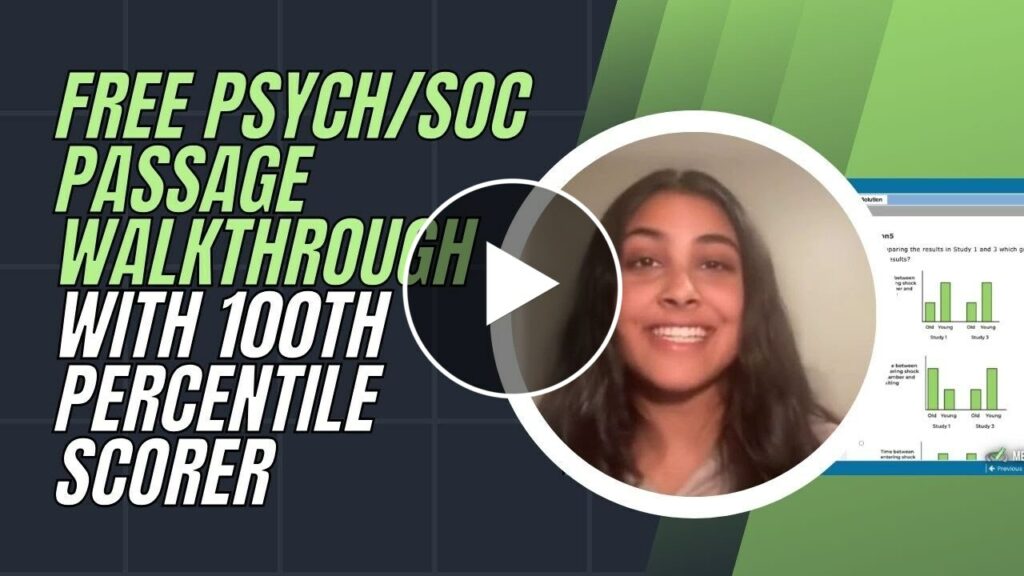

 To help you achieve your goal MCAT score, we take turns hosting these
To help you achieve your goal MCAT score, we take turns hosting these 





















 reviews on TrustPilot
reviews on TrustPilot